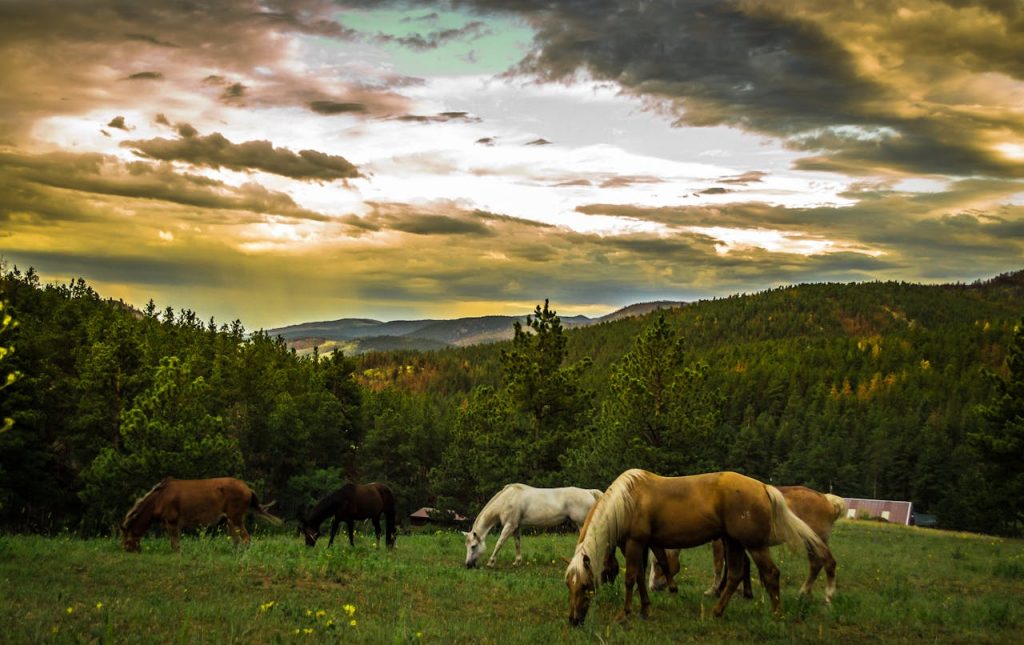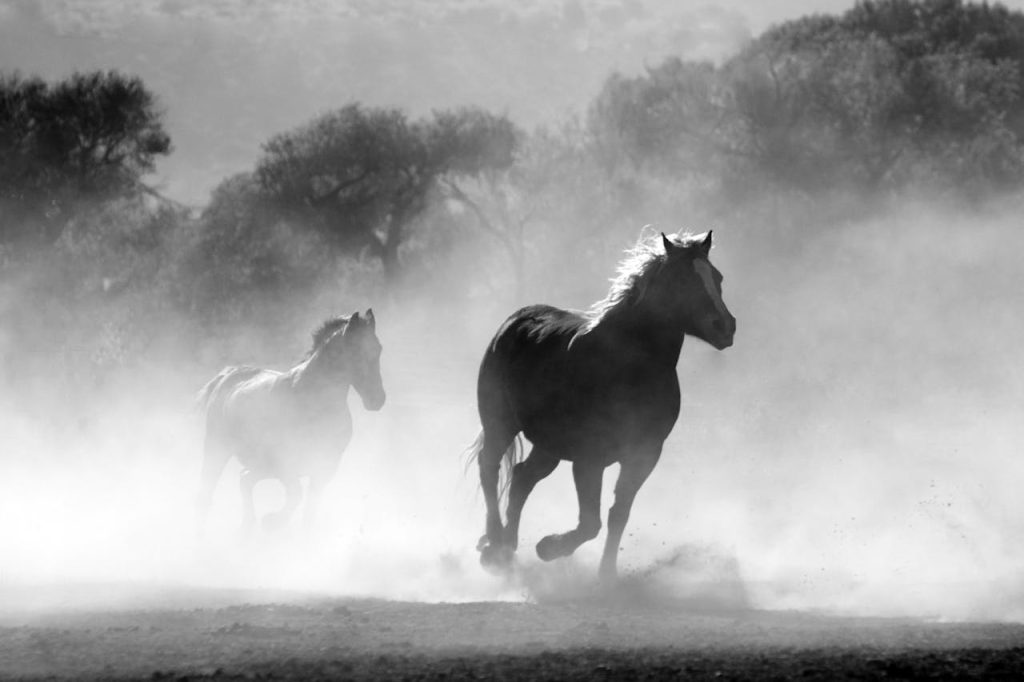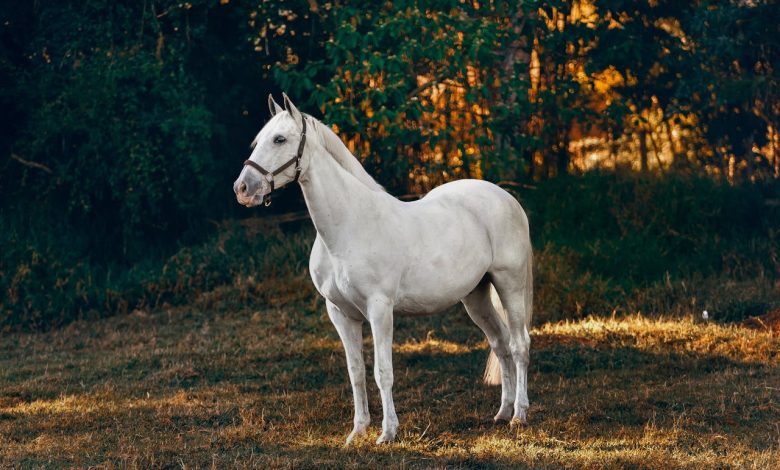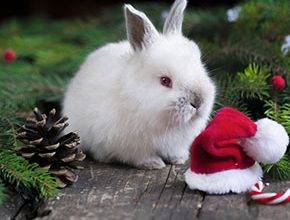How Much Does a Horse Cost? Price Breakdown and Tips
If you’ve ever wondered, “How much does a horse cost?” the answer isn’t as simple as just a price tag. On average, a horse can cost anywhere from $1,000 to $5,000, depending on its breed, age, and training. However the initial cost of a horse is just the beginning.
There are many ongoing costs involved in horse ownership that you need to consider. These include things like food, stabling, veterinary care, and training, which can add up quickly.
So, while the upfront price might seem like the biggest expense, how much does owning a horse cost over time? It’s important to factor in these ongoing costs, which can easily add $3,000 to $10,000 per year for a single horse, depending on where you live and the care the horse needs.
Whether you’re looking to buy your first horse or simply curious about the costs involved, we’ll help you understand not just how much does a horse cost upfront but what the real expenses are when it comes to caring for your new friend.
Why Are Some Horses More Expensive Than Others?
When you start shopping for a horse, you’ll quickly notice that some horses are much more expensive than others. So, why is that? The price of a horse can vary greatly depending on several factors. These include the horse’s breed, age, training, health, and even its bloodline.
- Breed: Some horse breeds are more sought after than others, which drives their price up. For example, thoroughbreds or quarter horses used for racing or competition can cost tens of thousands of dollars, while less common breeds or older horses might be much cheaper.
- Training and Experience: A well-trained horse, especially one with experience in disciplines like dressage, jumping, or racing, will naturally cost more. Horses with special skills or titles are often priced higher because they’ve been trained to perform specific tasks.
- Age and Health: A young horse, especially one with a good health record and no previous injuries, will cost more than an older, retired horse. But don’t forget that an older horse can still be a great companion or a solid choice for beginner riders, even if it’s not as expensive.
- Bloodline: Horses that come from famous or well-known bloodlines (meaning their family history) tend to have a higher price tag. These horses are often expected to perform at a higher level in competitions, and their offspring might also be valuable for breeding purposes.
So, when you ask, how much for a horse, you need to consider these factors. A horse that costs $1,000 may not have the same training or pedigree as one that costs $10,000, but that doesn’t mean it won’t be a great horse for the right rider.
Similarly, when exploring platforms like bali slot 88, it’s essential to evaluate the features and reliability before making a decision.
Upkeep and Maintenance: Hidden Costs of Horse Ownership
Once you’ve purchased your horse, the costs don’t stop there. The upkeep and maintenance of a horse can add up quickly, and it’s essential to budget for these ongoing expenses when considering how much does owning a horse cost. Here are the main costs you’ll face when it comes to caring for your horse:
Feed and Supplements: Horses eat a lot! A horse typically eats hay, grains, and sometimes specialized supplements depending on its needs.
On average, feeding a horse can cost between $100 and $300 per month. If your horse requires special feed due to health concerns or is in intense training, these costs can increase.
Stabling and Shelter: Whether you keep your horse at your own property or board it at a stable, there will be costs associated with shelter and stabling. The price of boarding can vary widely based on location and the type of facility, but it usually ranges from $200 to $1,000 per month.
This includes not just a place for your horse to stay, but also access to amenities like a riding arena, feed, and sometimes even grooming services.
Veterinary Care: Keeping your horse healthy is essential, and that means regular check-ups, vaccinations, and emergency care. The cost of veterinary care can range from $300 to $1,000+ per year, depending on the horse’s health needs and if there are any medical issues that require attention.
Routine care like deworming, teeth floating (a process to maintain their dental health), and vaccinations should be factored into your budget.
Farrier Services: Horses need regular hoof care, which means seeing a farrier every 6-8 weeks. The average cost of a trim or shoeing is $30 to $150 per visit. This cost can be higher if your horse requires specialized shoes or hoof care due to a medical condition.
Insurance: While it might not be mandatory, getting horse insurance can help protect your investment. The cost of insurance can vary depending on the coverage level, the horse’s value, and its health, but expect to pay anywhere from $300 to $1,200+ per year for basic coverage.
When you add these costs up, the expenses of owning a horse can be quite substantial. Understanding these ongoing financial responsibilities is crucial to knowing how much does it cost for a horse in the long run.
It’s important to plan ahead and make sure you can comfortably afford not just the purchase price, but also the monthly and annual costs of maintaining your horse’s care.
What Is a Group of Cats Called? Exploring Cat Groups

Ponies vs. Horses: What’s the Difference in Cost?
When thinking about buying a horse, you might also be considering ponies, especially if you have younger riders or are looking for something smaller.
While ponies and horses are both equines, there are some important differences that affect their price. So, how much a horse cost compared to a pony can vary, and here’s why:
Size and Breed: Ponies are generally smaller than horses, usually standing under 14.2 hands (58 inches) tall at the shoulder, while horses are taller than that. Ponies are often more stocky, and their breeds can differ greatly from the more common horse breeds.
Some pony breeds, like the Shetland pony, tend to be less expensive, while others, like the Welsh Pony or Connemara, can be priced similarly to horses.
Training Needs: Ponies are often considered easier to train for beginners, especially when it comes to children or first-time riders. However, ponies can be strong-willed, and some might be a bit more stubborn or independent than horses.
If you’re looking for a pony for your child or for leisurely riding, the price might be lower due to the less extensive training required compared to a highly trained horse used for competition or racing.
Maintenance: Ponies can be less expensive to care for in some ways, as they usually eat less and require less gear. However they still need the same care in terms of shelter, vet visits, and farrier services.
When you consider how much does keeping a horse cost versus a pony, the costs for upkeep can be lower for a pony due to its smaller size, but this will depend on the breed and the care it requires.
Competition vs. Pleasure: Horses that are bred for competition, like show jumping or dressage, can be very expensive, and you’ll see this reflected in the price. Ponies used in youth competitions (such as Pony Club or 4-H) can also be pricey especially if they’ve had extensive training.
However, ponies used for casual riding might not cost as much as horses bred for high-level competition.
So, when asking how much for a horse versus a pony, the costs can differ based on the factors listed above. Generally, ponies can be a more affordable choice for children or first-time horse owners, but the price will depend on its breed, age, and training.
The Real Cost of a “Free” Horse
It might sound too good to be true – a free horse. After all, who wouldn’t want to save money by getting a horse without paying the upfront price.
But as the saying goes there’s no such thing as a free lunch and the same goes for a free horse. In fact, the real cost of a free horse can be much higher than you might expect. Here’s why:
- Transportation Costs: Even if the horse is free, you’ll still need to pay to transport it to your property or stable. This can involve renting a trailer or hiring a transport company, which can cost anywhere from $200 to $1,000 depending on how far you need to travel.
- Initial Care and Supplies: A horse that’s being given away may have been neglected or not properly cared for. It might need immediate veterinary care, vaccinations, or dental work, all of which can add up quickly. How much does it cost for a horse to get back into healthy shape? The initial expenses for medical attention, deworming, and general care can easily reach $300 to $1,000 or more, depending on the horse’s health.
- Training and Behavioral Issues: A free horse may not be trained for riding or may have behavioral problems that require professional help. Training can be costly, with professional trainers charging $500 to $1,500 per month for basic training or fixing behavioral issues. This is an expense you might not expect when getting a “free” horse.
- Ongoing Expenses: Even a free horse will still require the same basic care as any other horse: feed, shelter, veterinary visits, hoof care, and insurance. These expenses are ongoing, and just like any other horse, a free horse can cost you $3,000 to $10,000 per year in upkeep.
While getting a horse for free might seem like a great deal at first, it’s important to realize that you’re still taking on all the expenses of owning a horse.
The upfront price might be zero, but the long-term costs can quickly add up, so be sure to plan for these hidden expenses before taking on a “free” horse.
Training and Types of Horses: How They Affect Cost
When it comes to understanding how much does a horse cost, one of the most important factors to consider is the type of horse and its level of training.
Different types of horses, such as racing horses show horses, or even just trail horses can have very different price tags. Let’s dive into how training and horse types can affect their cost:
Riding Horses: If you’re looking for a horse simply for leisure riding or trail riding, these horses tend to be less expensive than those with specialized training.
While you can still find well-trained horses for trail riding, they won’t carry the same price tag as competition horses. You can expect the cost of a trail riding horse to be anywhere from $1,000 to $3,000, depending on the horse’s age, health, and training.
Competition Horses: Horses that are trained for specific competitions like show jumping, dressage, or eventing are generally much more expensive. These horses are often bred for their athleticism and have undergone extensive training to excel in their discipline.
The price for a competition horse can range from $5,000 to over $50,000, with top-tier competition horses often costing even more. The higher the horse’s skill level and performance history, the higher the price tag.
Racing Horses: Horses bred for racing, such as thoroughbreds, can be among the most expensive horses. A racing horse’s price can vary dramatically based on its pedigree training and previous race results.
Some racehorses can cost $10,000 to $100,000, and those with winning records or championship potential can even fetch several million dollars at auction. However, even if you’re not buying for racing, you might find a retired racehorse at a more affordable price.
Young Horses vs. Older Horses: If you’re willing to put in some time and effort into training, young horses or “green horses” can be much more affordable than fully trained ones.
A young horse might cost anywhere from $2,000 to $10,000, depending on its breed, potential, and level of training. However remember that you’ll have to invest additional time and money into their training to get them ready for riding or competition.
Rescue Horses: Don’t forget about rescue horses! Many rescue organizations have horses in need of loving homes, and you can often adopt them for a fraction of the cost of buying a horse from a breeder or private seller.
While rescue horses may not always come with the best training they can still make wonderful companions. The adoption fee typically ranges from $100 to $2,000, but again, training costs could add to this price.
The type of horse you choose will have a significant impact on the overall cost. When asking how much does a horse cost keep in mind that horses with specialized training or those bred for competition will generally be much more expensive than those used for casual riding.
If you’re a beginner or have specific needs, you can likely find a more affordable option, but the price will vary based on what you’re looking for.
How to Save on Horse Costs: Tips for Affordable Ownership
Owning a horse is a big financial commitment, but there are ways to reduce the costs of how much does owning a horse cost without sacrificing your horse’s care. Here are some practical tips to help make horse ownership more affordable:
Consider Buying an Older Horse: Younger horses tend to be more expensive because they have more years ahead of them for training riding or competing. If you’re looking for a horse for leisure or casual riding consider purchasing an older horse with experience.
Older horses may cost less and are often easier to manage since they’re already trained. Just make sure they’re healthy and suitable for your needs.
Look for Rescue Horses or Adoptions: Many rescue organizations offer horses at lower prices compared to breeders. These horses might require some care or rehabilitation but adopting a horse from a shelter can be a rewarding and cost-effective choice.
Adoption fees are usually lower and you might even find a horse that’s already trained for your specific needs.
Avoid Expensive Breeds: Some horse breeds are naturally more expensive due to their rarity or desirability for certain activities (like racing or competition). Instead of opting for a high-cost breed look for more affordable or local breeds that still fit your requirements for riding, trail work or leisure.
Do It Yourself: If you have the time and knowledge you can save money by doing some of the work yourself. For example you can feed your horse clean its stall or even learn to trim its hooves. While this may take some time to master doing some of these tasks yourself can cut down on boarding or vet bills.
Shop for Deals on Supplies: Horse care can be expensive when you’re buying everything brand new. Look for gently used tack blankets and gear from local tack shops, online marketplaces or horse owner groups.
Many experienced riders sell their gear once they’ve outgrown it or no longer need it. This can save you hundreds of dollars on essentials like saddles bridles and grooming tools.
Group Boarding or Shared Care: If you’re keeping your horse at a stable, look for options like group boarding, where several people share the costs of keeping horses at the same facility. Alternatively, find someone who shares your love for horses and would be willing to split the costs of care.
This can significantly lower your monthly expenses, especially when it comes to stabling and even transportation costs.
Buy Hay and Feed in Bulk: Feed costs are one of the biggest ongoing expenses of owning a horse. If you have the space, consider buying hay and grain in bulk.
Many feed stores offer discounts for larger quantities which can help reduce the overall cost of feeding your horse. Just make sure you store the feed properly to prevent spoilage.
While owning a horse does come with ongoing costs, using these tips can help make the experience more affordable without compromising your horse’s health or happiness.
How to Remove Cat N from Car: Complete Guide

Conclusion
In conclusion, owning a horse is a big responsibility that comes with a variety of costs. From the initial purchase price to the ongoing expenses like feeding, hoof care, and veterinary bills, it’s important to understand the full scope of how much a horse costs before making the commitment.
The price of a horse can vary greatly depending on factors like age, breed, training, and intended use, but it’s not just the initial price tag you need to consider. Ongoing costs such as stabling, equipment training and insurance can add up quickly.
When asking how much does keeping a horse cost, you should also factor in the hidden costs like travel, specialized care, and emergency vet bills.
However, there are ways to make horse ownership more affordable. Shopping for deals on equipment, considering adoption or sharing care with other horse owners are just a few ways to save.
Ultimately, owning a horse can be a rewarding and fulfilling experience, but it’s crucial to have a clear understanding of the financial commitment involved.
By budgeting for both the obvious and hidden costs you can ensure that your horse gets the care it deserves while keeping your finances in check.
FAQs
How much do horses cost in the UK?
In the UK, the price of a horse can vary widely based on its breed, training, and purpose. On average, you can expect to pay between £2,000 and £8,000 for a good riding horse.
Show horses or racehorses may cost much more, often upwards of £20,000. However, the cost can be much lower if you are adopting a horse or purchasing an older, less trained horse.
How much does it cost to buy a horse?
The cost of buying a horse depends on several factors, including the horse’s breed, age, training, and intended use. For a general riding horse, prices typically range from $1,000 to $10,000.
If you’re looking for a highly trained or competition-ready horse, the price could easily exceed $50,000 or more. Remember, buying the horse is just the start—ongoing expenses will add up quickly.
What is the current price of a horse?
The current price of a horse varies based on market trends, breed availability, and the region you are purchasing from.
On average, you can expect to pay anywhere from $1,000 to $5,000 for a standard horse, but top-tier horses used for racing or competitive events can cost anywhere from $10,000 to $100,000 or even more, depending on their pedigree and performance history.
How much does each horse cost?
Each horse’s cost depends on several factors including its age, health, breed, and training. A young or untrained horse might cost less, around $2,000 to $4,000, whereas a trained or competition-ready horse can range from $5,000 to upwards of $50,000.
The cost of each horse is unique, and the price you pay will depend on the specific qualities of the horse you choose.





